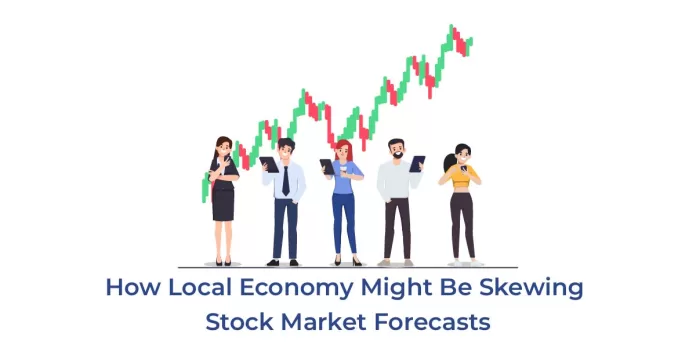Financial markets are influenced by a myriad of factors, including economic conditions, investor sentiment, and analyst forecasts. In a recent study published in the Journal of Behavioural Finance, researchers investigated how analysts’ local economic conditions affect their forecasts for firms located elsewhere. This study sheds light on the phenomenon of negativity bias among analysts and its implications for market perceptions and decision-making.
Analysing Analyst Forecast Biases
The study, conducted by Chang and Hao, examined the relationship between analysts’ mood and their forecasts, drawing on theories of mood, contrast effects, and negativity bias. The researchers hypothesized that analysts’ mood, influenced by their local economic conditions, would impact their forecast biases. Additionally, they explored the presence of negativity bias, wherein analysts exhibit a heightened sensitivity to negative events.
Data and Methodology
Using data from 1994 to 2008, the researchers analyzed state-level variation in relative income growth and its effect on analysts’ earnings forecasts. They utilized regression analysis to test their hypotheses, with forecast bias measured as the difference between analysts’ earnings per share (EPS) forecasts and actual values, scaled by market share price.
Read:- Understand The Power of Earnings Per Share (EPS)
Results and Findings
The study found that analysts’ relative local economic conditions significantly influence their earnings forecasts. Analysts experiencing positive income growth exhibited a contrast effect, perceiving firms located elsewhere as having poorer prospects and issuing more negatively biased forecasts. Conversely, analysts with negative income growth demonstrated a mood effect, becoming more pessimistic and issuing more negatively biased forecasts.
Implications for Financial Markets
These findings have important implications for financial markets. The presence of negativity bias among analysts suggests that economic conditions can influence market perceptions and decision-making. Furthermore, the study highlights the impact of analyst forecast biases on subsequent analysts, indicating a form of herding behaviour in forecasting.
Conclusion
In conclusion, the study provides valuable insights into the behavioural biases of financial analysts. By understanding how analysts’ local economic conditions shape their forecasts, market participants can better interpret and contextualise financial analysis. This research underscores the need for awareness of behavioural biases in financial markets and the importance of considering broader economic factors in investment decision-making.
Disclaimer: This blog has been written exclusively for educational purposes. The securities mentioned are only examples and not recommendations. It is based on several secondary sources on the internet and is subject to changes. Please consult an expert before making related decisions.


